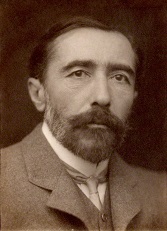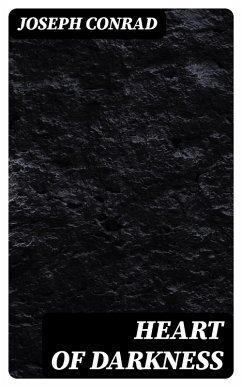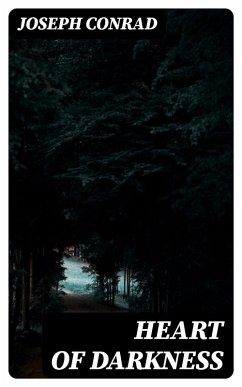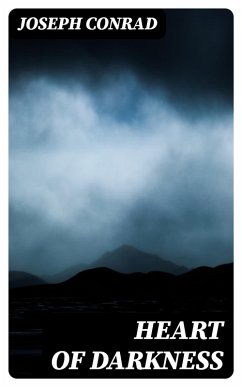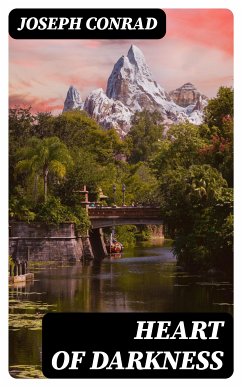
Heart of Darkness (eBook, ePUB)

PAYBACK Punkte
0 °P sammeln!
In Joseph Conrad's seminal work, "Heart of Darkness," readers embark on a harrowing journey through the depths of the Congo River, exploring the complexities of imperialism, civilization, and the human psyche. The novella is renowned for its intricate narrative style, utilizing a frame story that enhances its allegorical dimensions, while its vivid imagery captures the surreal, often nightmarish qualities of colonial exploitation. Set against the backdrop of the late 19th-century European colonial expansion, the text critiques the moral ambiguities of both civilization and savagery, positionin...
In Joseph Conrad's seminal work, "Heart of Darkness," readers embark on a harrowing journey through the depths of the Congo River, exploring the complexities of imperialism, civilization, and the human psyche. The novella is renowned for its intricate narrative style, utilizing a frame story that enhances its allegorical dimensions, while its vivid imagery captures the surreal, often nightmarish qualities of colonial exploitation. Set against the backdrop of the late 19th-century European colonial expansion, the text critiques the moral ambiguities of both civilization and savagery, positioning darkness as both a literal and metaphorical force within humanity. Joseph Conrad, born in Poland and later settled in Britain, draws upon his own experiences as a sailor and a witness to colonial atrocities, which profoundly influenced his perspective on imperialism. His unique background as a European outsider offers rich insights into the contradictory nature of Western civilization. "Heart of Darkness" is often seen as a reflection of Conrad's personal struggles with identity and morality, as well as a critique of the greed and corruption embedded in colonial enterprises. This novella is essential for readers interested in the intersections of literature, history, and psychology. Conrad's masterful prose and deep philosophical inquiries invite critical reflection, making "Heart of Darkness" a timeless exploration of the darkness that resides within humanity-a must-read for anyone seeking to understand the complexities of moral choice in a tumultuous world.
Dieser Download kann aus rechtlichen Gründen nur mit Rechnungsadresse in A, B, BG, CY, CZ, D, DK, EW, E, FIN, F, GR, H, IRL, I, LT, L, LR, M, NL, PL, P, R, S, SLO, SK ausgeliefert werden.




